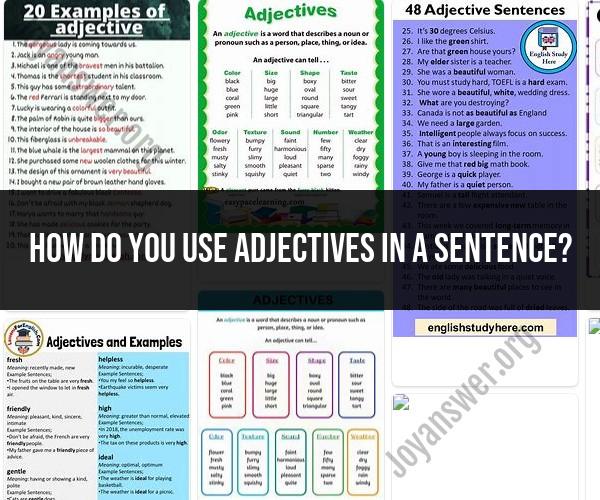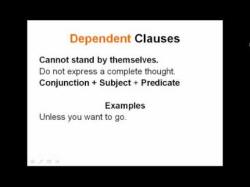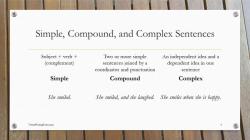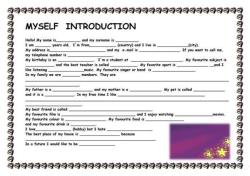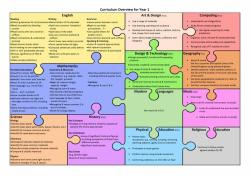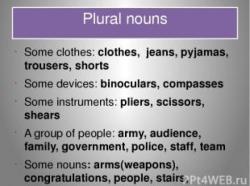How do you use adjectives in a sentence?
Mastering adjective usage in sentences involves using descriptive words effectively to enhance the clarity and vividness of your writing. Here are some effective language techniques to consider when using adjectives:
**1. Choose Strong Adjectives:Opt for adjectives that are specific, vivid, and evoke a clear image in the reader's mind. For example, instead of using "nice," you could use "charming," "delightful," or "captivating."
**2. Use Sensory Adjectives:Incorporate adjectives that appeal to the senses, such as sight, sound, touch, taste, and smell. This helps readers connect more deeply with your writing. For example, "silky hair," "crashing waves," or "fragrant flowers."
**3. Avoid Overused Adjectives:Steer clear of generic adjectives that don't add much to your description. Examples include "good," "bad," "big," and "small." Instead, use adjectives that provide more detail and nuance.
**4. Place Adjectives Strategically:Adjectives typically come before the noun they modify. Placing them strategically can impact the emphasis and flow of your sentence. For instance, compare "the blue sky" and "the sky, blue and vast."
**5. Use Adjective Clusters:Employ multiple adjectives in succession to create a more intricate and colorful description. For example, "The old, creaky, wooden door."
**6. Consider Degrees of Comparison:Adjectives can be modified to indicate degrees of comparison. Use "comparative" forms (e.g., "better," "stronger") when comparing two things, and "superlative" forms (e.g., "best," "strongest") when comparing more than two.
**7. Be Concise and Relevant:While descriptive adjectives enhance your writing, avoid overloading sentences with too many adjectives. Choose the ones that are most relevant and contribute to the overall meaning.
**8. Use Adjectives for Characterization:In creative writing, adjectives can help characterize people, places, and objects. Consider how adjectives reflect a character's personality or set the tone of a scene.
**9. Consider Cultural Nuances:Be mindful of cultural nuances when using adjectives. Some words may have different connotations or meanings in different languages or regions.
**10. Edit and Revise:After writing, review your work to ensure that each adjective adds value to your sentences. Eliminate any that are redundant or unnecessary.
Ultimately, the goal of using adjectives effectively is to paint a clear and engaging picture in the reader's mind. Practice and experimentation will help you refine your adjective usage and improve your overall writing skills.
